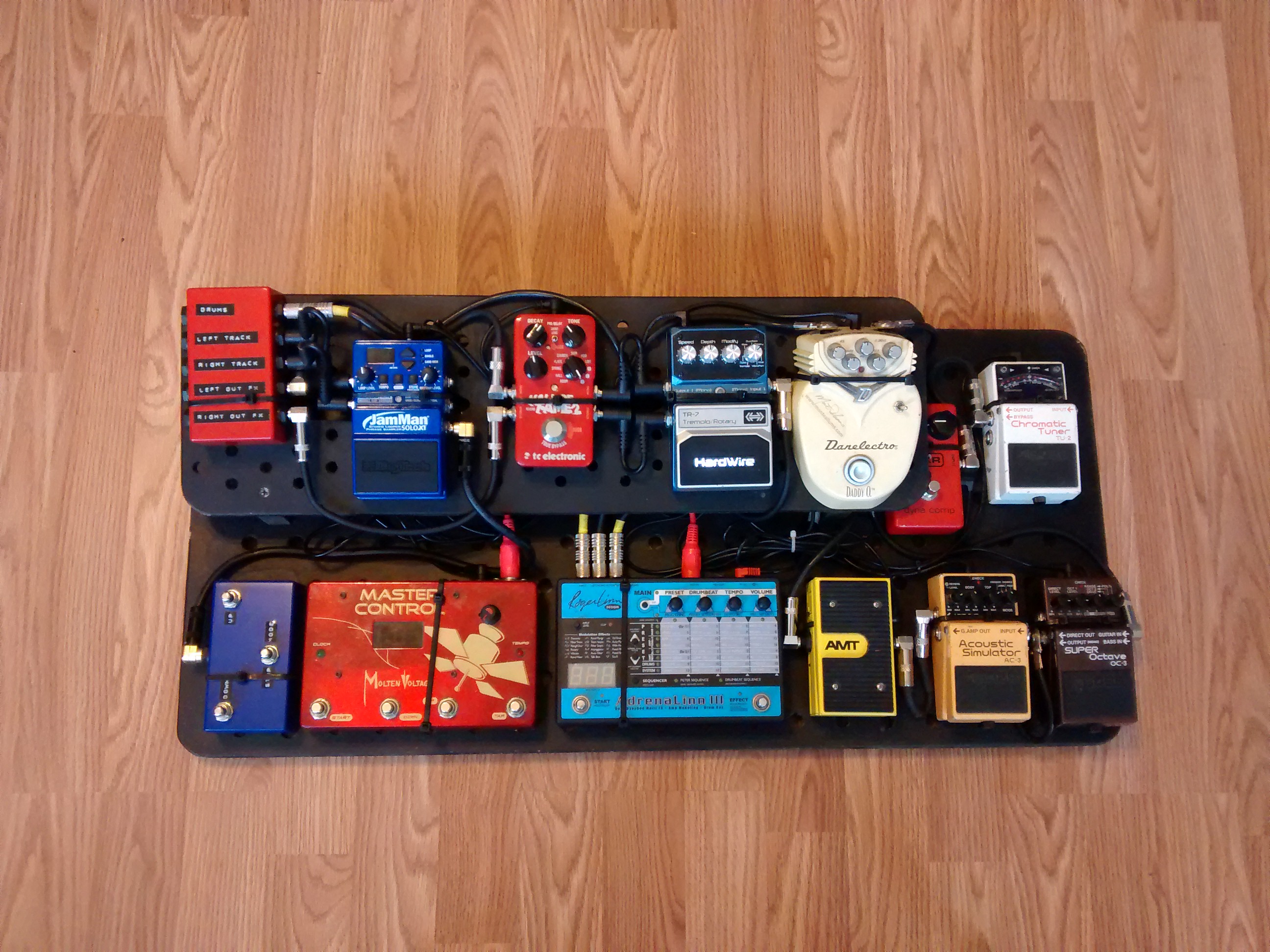I feel somehow stirred. I just read The Machine Stops by E. M. Forster. A short story written in 1909.
It is scary how much he knew about human nature and the possibilities of technology. Here we are, 110 years later, and so much of it has become true. Everyone lives in beehive-like cells. Their every need is supplied by “The Machine” which they worship. Until the machine breaks down.
I see it as something that precedes and underlays The Matrix, and Brave New World. And 1984 and The Giver. And Harrison Bergeron. And V for Vendetta and Fight Club. And, well, every dystopian story written in the last 100 years.
There is an inherent brokenness that permeates humanity. It is only becoming apparent in the last century or so, but the signs were there long ago… as The Machine Stops so clearly demonstrates.
I find it extremely ironic that the way we complain about technology and dystopia is through the internet. The internet, probably more than anything else, has contributed to the homologation and dumbing down of humanity. I was told a few days ago that I was foolish because it was “bad to judge anything on experience, and that I should defer to experts.”
I just laughed. Of course, he was talking about liberals in the FOSS community, but it’s symptomatic of everything in society. This is exactly what The Machine Stops illustrates: people who despise actual experience, and defer to experts (who in turn learn from other “experts”). Ultimately, there is a disconnection from human interaction except for the very unregulated act of intercourse…. which is of course no longer for procreation, only for entertainment.
Modern culture is an erosion of the very core of what humanity is. Is it pushing away everything that makes us human, and embracing everything that does not.
And as for “The Machine,” it is alive and well in the world today. We serve it constantly. I don’t think it’s become autonomous yet, but it wouldn’t take much for it to happen (thank you, Ghost In the Shell). And of course it doesn’t control every physical aspect of our lives yet (though in some places it does). But mental control is just as strong- if they control us mentally, then it doesn’t matter if they control us phsyically. We will do the machine’s bidding.
Mental Bandwidth
So for me, my push back against The Machine and the idea of mind control- which I assure you is alive and well in entities like Facebook, Google, Microsoft, and Apple- is to break from the digital input into my brain. I suppose I could do away with the internet all together, but in the underground, it is still useful in some ways.
When I think of digital input, I think the idea of mental bandwidth is a real thing. That’s part of why the internet, back in its inception, was so popular: it was text only. It required no more brainpower than writing a letter, or reading a book. There was limited bandwidth, so it was unusual for people to waste it with frivolous things like graphic header images and moving pictures. None of that was required for the transference of ideas. It was pure, not necessarily in intent, but in form. If you couldn’t explain your idea and communicate with the standard ASCII character set, then nobody paid you any attention. There were much fewer regulations. Much less surveillance. No advertising.
We weren’t constantly force-fed a steady diet of high-bandwidth information (of which only about 2% is useful). And that’s not to say there weren’t trolls, but they were quickly dismissed. Nobody took you seriously if you couldn’t articulate ideas.
Now, none of that is required. Nobody needs to have ideas; only cute snapshots or memes, or copy-and-paste snippets of nothingness. And in a high-bandwidth world, everyone’s senses are so overwhelmed with useless information, they never get to think about what’s actually important.
But you know… we shouldn’t complain. Can’t buck against the goads.
I’ve written about Digital Minimalism before. Numerous times.
Complaining won’t change anything. But limiting my mental bandwidth can, very definitely, improve my own life and mental capacity for things that matter.










